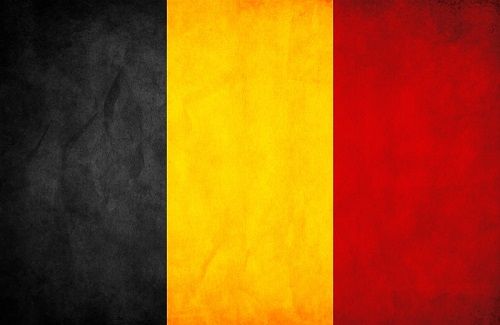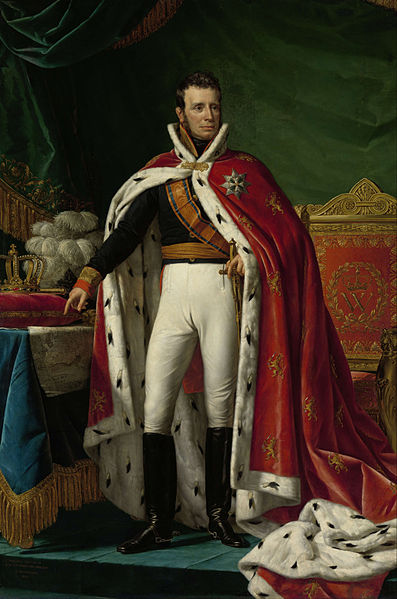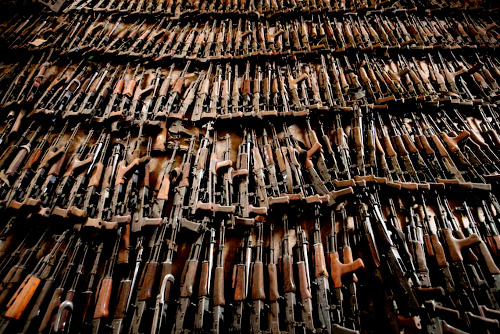So you’ve decided to draft a Constitution. Whether it’s for a new nation or the restoration of a post-coup government, a Constitution is more often than not an essential part of government. This guide will give you some important pointers about what should go into a Constitution by posing the questions that a Constitution is meant to answer.
No one is ever trained to write a Constitution. It doesn’t take any special skills or background. All it requires is a vision for a nation and a sense of patriotism. By the time you’ve finished this guide, you’ll be fully prepared to draft a Constitution of your very own.
Before we get to the questions a Constitution should answer or address, first let’s answer an even more fundamental question: What is a Constitution?
By my own definition, a Constitution is a central founding document that lays out the form and fundamental rules of your nation’s legitimate government, embodies the spirit of a nation, and becomes the highest law of the land.
Because a Constitution almost by definition has no set form or content, it can be almost anything. However, a good Constitution will address the following questions. Each question would normally have its own Article, or section of the Constitution.
Questions to Answer and Issues To Address:
I. What is the basis of your government’s legitimacy?
We can all agree that “We The People” is a better start for a Constitution than “Hey, Who’s Got the Guns Here?”
The first section of your Constitution, usually the preamble, should probably explain why your government and Constitution are the legitimate ones. The question you’re trying to answer here is basically why your government has the right to rule. What’s the basis of your Constitution? The power of the monarch? The will of the people? The grace of god? Something else? You might also generally state the type of government in this section.
Something to keep in mind that is that national governments are generally separated into three categories: unitary, federal, and confederate.
In Unitary governments, all power to rule is derived from a central authority, like god or a crown. Provincial, state, and local governments therefore inherit their power from the central authority and are inferior to the national government.
In Federal governments, both the national and state governments derive original power from some source (like the people, for instance) and neither is strictly inferior to the other. A clear separation of powers between state and national governments often exists in federal governments.
In Confederate governments, the national government derives its power from the states (ie: the people elect the state governments, who elect the national government) and is thusly inferior to the state governments. State and local law may override national law.
What is the relationship between the tiers of government in your Constitution? (More on this later)
II. Who makes the laws?
Most countries have at least some laws [citation needed]. Who makes the laws in your country? Does your country have a legislative body? A Congress, a Parliament, or something else? Is your legislative body separated into several houses? What’s the difference between them? What are the powers of the legislative body, if any such body exists? What powers are denied to it? Do you have legislators? How are they chosen? Appointed or elected or found through some other process? Do they have terms for some number of years? What requirements do you impose on them? How do they make laws?
If you don’t have a legislative body, what do you have instead? Who makes the laws? A Monarch? A powerful minister? Direct democracy? A goat?
 2. Pictured: The Legislative Process
2. Pictured: The Legislative Process
Governments typically have two powerful executive offices: the head of government, who is generally in charge of domestic law and the running of the country, and the head of state, who is the public face of the country to other nations.
Who enforces the laws in your country (ie: who’s the chief executive?) Is this the same person as your head of state? How is this person chosen? Monarch, dictator, elected position, appointed, rotary basis, or something else? What powers does this person have? The same questions applied to legislators applies to your chief executive.
Here’s a selection of powers, titles, and privileges a head of state or government might sometimes have: declares war, commander-in-chief, dissolves the government, calls elections, appoints a cabinet, vetos laws, appoints judges, appoints legislators, appoint generals, ennobles nobility, pardons criminals, declares a general mobilization, declares martial law, sets foreign policy, controls the budget, levies taxes, passes laws, and breaks ties. Do your executives have any of these powers? Do they have any others not listed here?
IV. Who interprets the law?
You know, someone’s going to have to interpret your Constitution to decide what it means. The usual solution is to establish a system of courts, but hey – if you want to do something else, feel free!
Do you have courts in your country? A supreme court? Go through the same process as you did for the legislators and the chief executive.
V. How is the government structured?
Do you have separate state and local governments? An autonomous military? Extraterritorial corporations? What’s the relationship between them?
VI. Can we change this thing?
Probably the best way to prevent frequent coups in your fledging nation is to put a mechanism for change into the Constitution.
Did you make any mistakes? Are you sure? You can change the Constitution? If so, how? What are the requirements that have to be met? Can everything be changed?
VII. What about the people?
Most nations also have people [citation needed] – even Jan Mayen, at least until the next wave of smallpox rolls through.
3. Pictured: Not people. Exclude from census. (And how did they get here anyway?)
So are those people citizens or subjects (or something else entirely)? Do they have rights? What are they? Do you guarantee to them a Republican form of government or a swift kick to the face if they complain?
If you have citizens, who are they? Is everyone a citizen? Does your Constitution comment on citizenship or naturalization?
VIII. Odds and Ends
Veterans of Shadow of the Andes may recall some countries have a very slight tendency to experience periodic coups. Generally, coups can be prevented by a system of checks and balances to prevent a dominant party from uniting all power in itself. Does your Constitution limit your own government’s power? Does change have to be gradual?
Who builds stuff? Does your Constitution comment on the relationship between church and state? How about your economic policy? Does it give a special role to agriculture or industry? Does it check the power of the military? Does it provide for the incorporation of new states or territories? What about colonies?
IX. Don’t Sweat The Small Stuff
Your Constitution doesn’t have to cover everything. In fact, it doesn’t even have to address everything written here. This guide is just to help you think about what to put in your contribution to the Constitution. If your Constitution is missing some minor technocratic point (like how your voting system requires a periodic census that you forgot about), I’ll add it either before or after the ratification phase. Some stuff you just shouldn’t spend too much time worrying about (“don’t spit on the sidewalks” might be a good law, but it probably doesn’t need to be in the Constitution).
Similarly, if you’ve forgotten something that I feel is crucial to the smooth governance of the country and the running of the AAR, I’ll introduce it.












